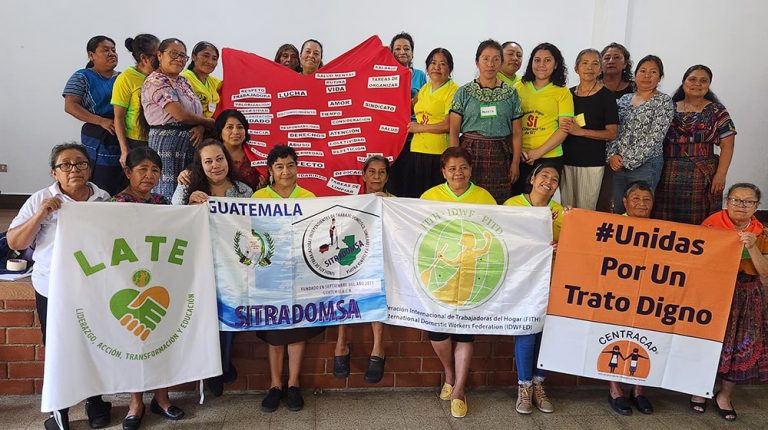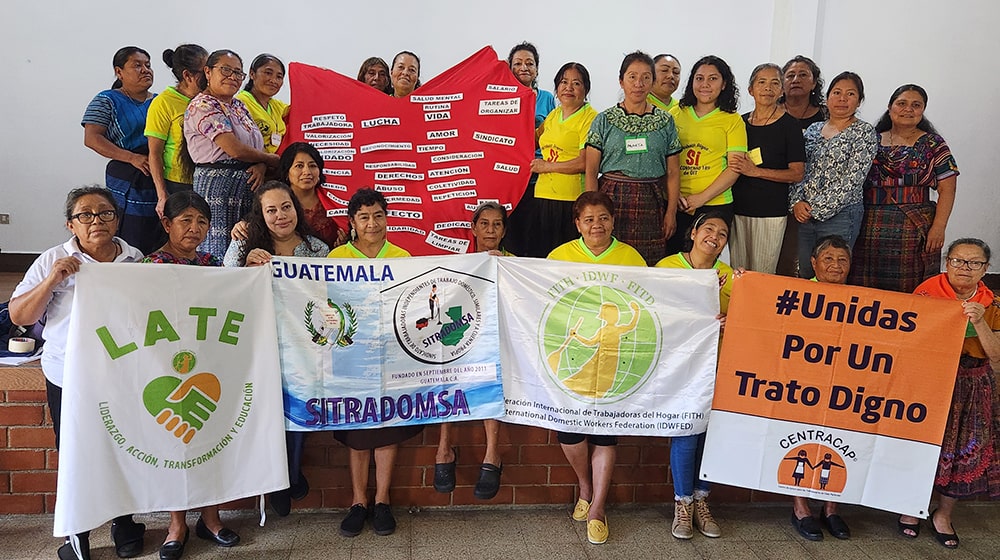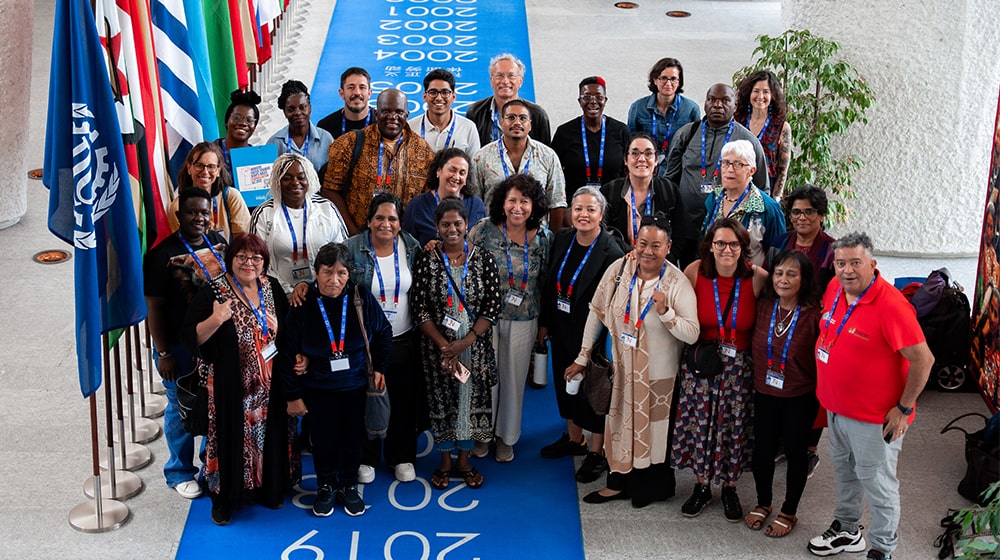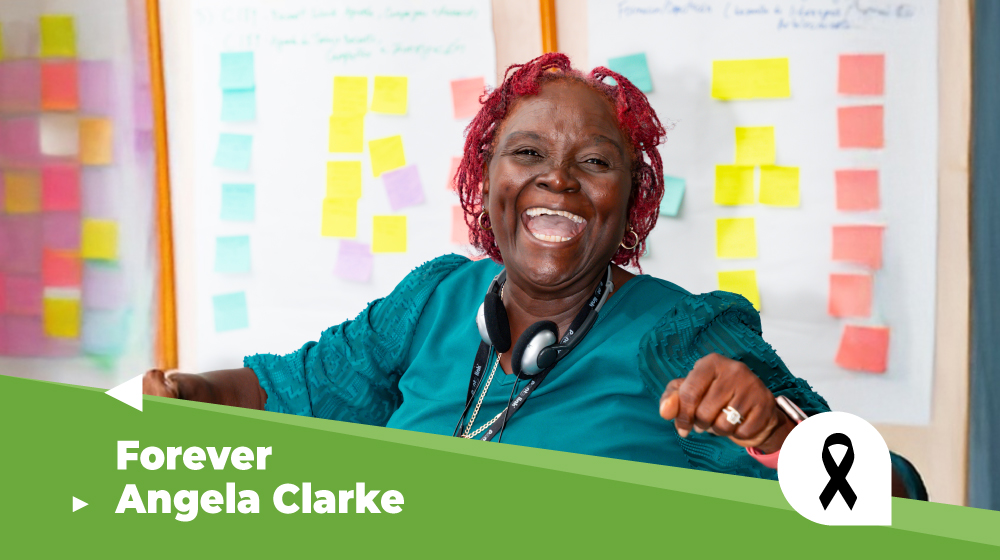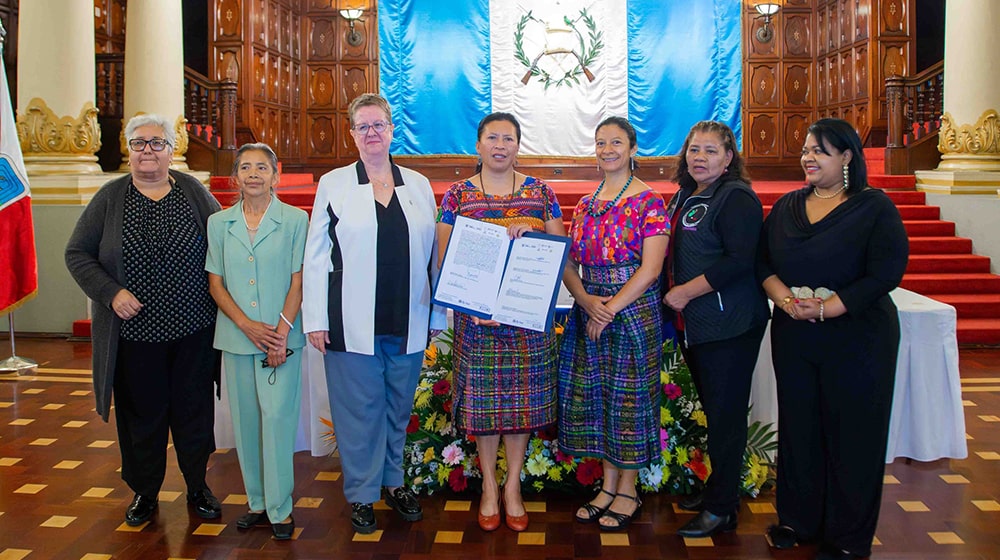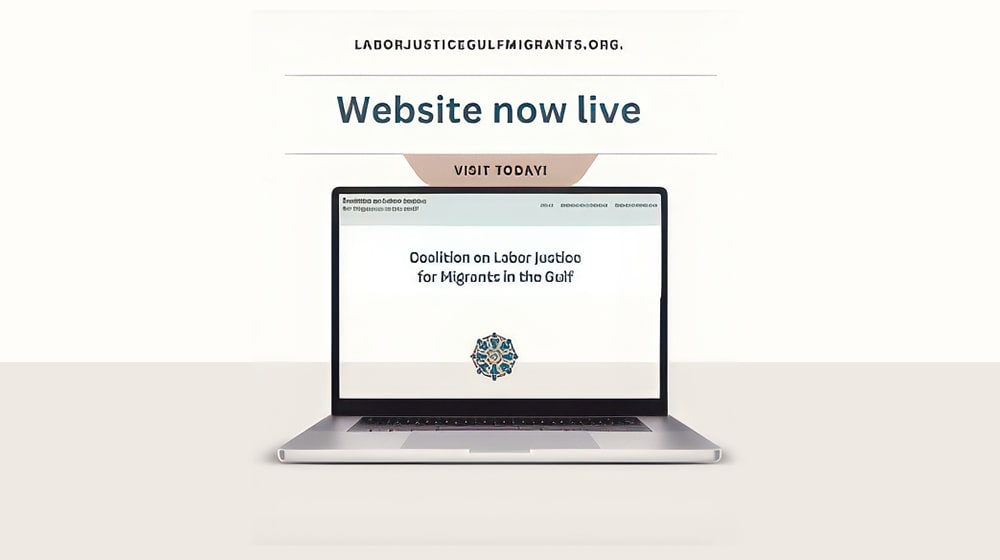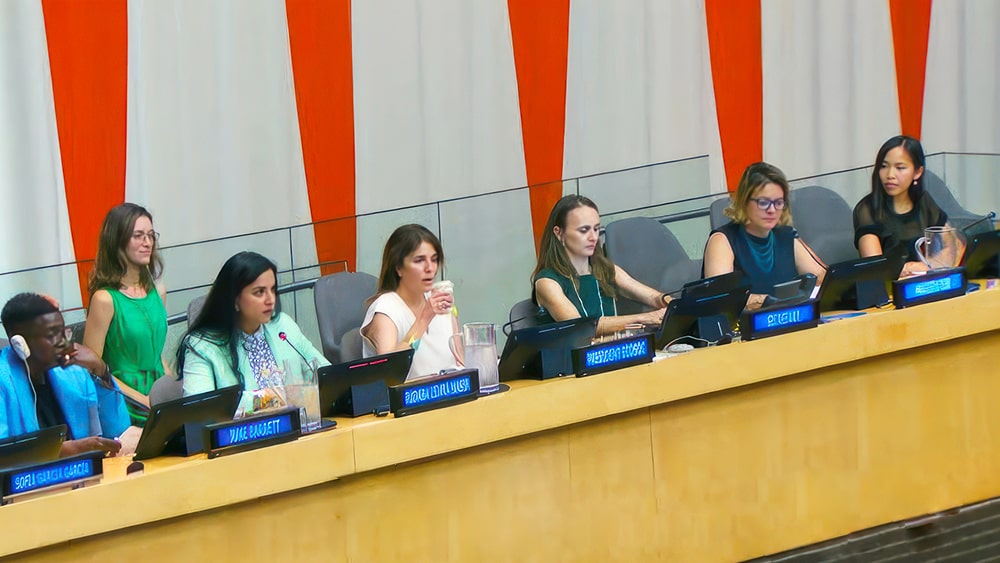
The United Nations developed its first-ever system-wide policy paper on Care and Support, incorporating contributions from the International Domestic Workers Federation (IDWF). On July 19, the IDWF’s Second Vice-President, June Barrett, participated in a special meeting held by the UN Economic and Social Council (ECOSOC) in New York, where the document was officially launched, and key issues related to care were addressed. There’s no doubt that the domestic workers’ movement has become a reference and gained a seat at the table in global discussions on care.
The document, titled “Transforming Care Systems in the Context of the Sustainable Development Goals and Our Common Agenda,” is authored by a collaborative effort of various United Nations (UN) agencies, including UN Women, ECLAC, ILO, OHCHR, and UNDP. It focuses on the importance of care work and the need to transform care systems to achieve sustainable development and gender equality. The paper provides a practical framework for UN agencies to address care within the context of the SDGs and promotes comprehensive care systems that enable gender equality and social justice alongside sustainable development and economic transformation. It also highlights policy options to support the transformation of care systems and the importance of human rights-based, universal, and transformative approaches to care.
The outcome of two consultations on care societies and the SDGs – held in November 2022 and February 2023 –, this document aims to inform and harmonize UN Agency efforts on care by offering definitions, guiding principles, approaches, and policy options that can be contextualized to different socioeconomic realities. It also seeks to articulate good practices and lessons learned about the contribution of care and support systems to ensure the well-being and rights of care recipients and caregivers through coherent and gender-sensitive policies. The inputs of the IDWF, through its report “The Centrality of Care and Support from a Human Rights Perspective,” were invaluable to developing this tool.
There are three aspects of the UN document to be highlighted:
- It takes an expansive and inclusive definition of care – affirming the rights, dignity, and autonomy of both caregivers and care receivers, and care for the environment.
- It sets out five common principles to transform care systems across all contexts, regardless of the scope, size, or type of intervention. These are: Human rights-based; State accountability; Universality; Transformative; and Leaving no one behind.
- It endorses the ‘5Rs’ (Recognize, Reduce, Redistribute, Reward, and Represent) as a common policy framework to address unpaid and paid care work and adds a new cross-cutting policy objective on ‘Resourcing’ care systems, recognizing this needs greater attention.
“We are very happy to see this paper out! The IDWF is grateful for the opportunity of having contributed with insights and suggestions from domestic workers, as they account for 25% of paid care workers globally. We are hopeful to see more steps forward to transform and reorganize societies around and for care provision from a human rights and labor rights perspective,” said Adriana Paz, IDWF’s General Secretary.
Throughout the high-level event convened by ECOSOC, experiences, good practices, and main challenges related to promoting and investing in care systems were evaluated. The potential of investing in the care economy to reduce time and income poverty for women and to promote women’s participation in the workforce and expand decent employment opportunities in the care sector was also discussed.
“Domestic work should be recognized as care work, and domestic workers should be fully and explicitly recognized as workers, as part of the care workforce and as care providers, covered by national labor codes and protected in equal conditions. We strongly believe that care should be seen as a public good and a human right. Increased public investments in care under a rights-based approach are necessary to ensure decent work for DWs and their access to care,” stated June Barrett in her speech at the ECOSOC panel.
The growing inclusion of the voice and representation of domestic workers – under the leadership of the IDWF – in the development of care policies represents a turning point in the struggle of a historically ignored sector. Now it’s time to join forces to build fairer, more equitable, and sustainable societies that place at the center the rights of all people both to provide and receive care in decent conditions. Now it’s time to put commitments into practice.
#NothingAboutUsWithoutUs
#CareForThoseWhoCareForYou

